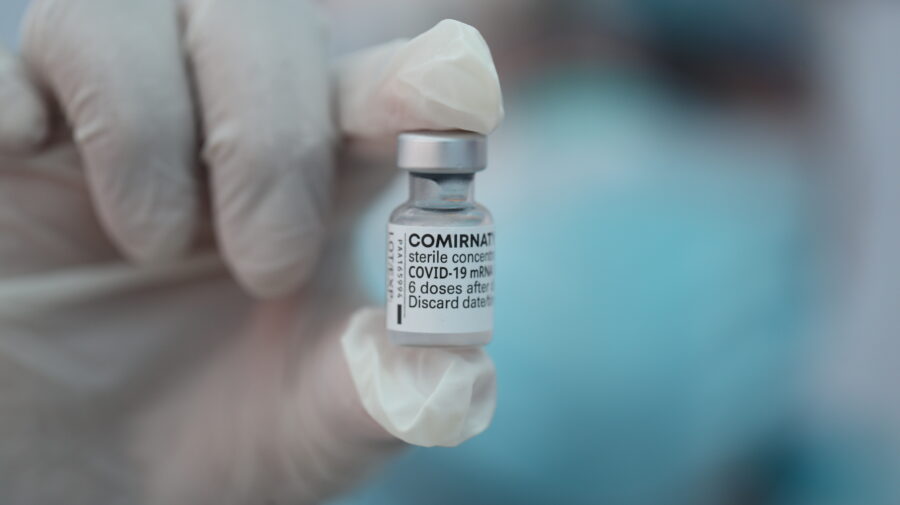A preprint study published last week — which has not yet been peer reviewed — has caught the attention of vaccine skeptics over its findings that boys ages 12-15 without comorbidities were up to 6.1 times more likely to experience an adverse cardiac event after the second dose of an mRNA Covid-19 vaccine than they were of being hospitalized with Covid-19.
The study has been criticized for its methodology, with the findings based on unverified reports filed voluntarily to the US Vaccine Adverse Events Reporting System (VAERS), among other issues.
The reaction to the September 8 preprint continued this week as Australia began vaccinating children ages 12-15 and the UK’s chief medical officers recommended a single Pfizer dose for children of that age.
Australia’s medicines regulator, the Therapeutic Goods Administration, has explained that “myocarditis and pericarditis are much more common with COVID-19 infection and damage to the heart is frequently severe after infection,” and as explained by the Centers for Disease Control and Prevention, reports of myocarditis or pericarditis in adolescents after mRNA Covid-19 vaccines are rare, and the benefits of vaccination outweigh the risks.
For example, as recently highlighted by the Therapeutic Goods Administration: “In data from the US, where many more Comirnaty (Pfizer) vaccine doses have been given to individuals aged 12-17 years, the rates of myocarditis/pericarditis reported in males were 10 cases per million first doses and 67 cases per million second doses.”
However, skeptics have since used the preprint study to promote misleading narratives about the safety of the vaccine.
- The study attracted criticism, for example on Twitter, for its methodology, including using the VAERS database as its source. As explained in this First Draft report, the database contains unverified reports filed by individuals, healthcare providers and vaccine manufacturers detailing adverse events that occur after vaccinations of adults and children, regardless of whether a vaccine was thought to be the cause. The reports may include inaccurate and coincidental information and alone cannot be used to determine a link between vaccines and any reported reactions.
- A September 9 Telegraph article, “Teenage boys more at risk from vaccines than Covid,” was shared by vaccine skeptics. For example, Rod Culleton’s Great Australian Party (90,000 Facebook followers) shared a screenshot of The Telegraph’s own Facebook post, describing it as a “major study.” In the comments on the Great Australian Party post, one person repeated the false claim that children in Sydney had died after receiving Covid-19 vaccines (debunked here). A Facebook post from the Australian Conservative Libertarian Group (more than 19,000 followers) shared the Telegraph article with the comment: “Follow the science. Save lives.”
- In the US, Republican Representative Marjorie Taylor Greene used the study as justification to “stop the covid vaccine mandates” in a tweet that received more than 4,000 likes and nearly 2,000 retweets as of September 12.
In a September 11 article, The Guardian said the preprint study had “been considered by the [UK] government’s independent advisory body, the Covid-19 Vaccines Benefit Risk Expert Working Group”, which found limitations in the interpretation of the findings related to the comparison of hospitalization rates. A spokesperson for the MHRA added that cases of these very rare conditions “tended to be mild and the vast majority recovered with simple treatment and rest.”






